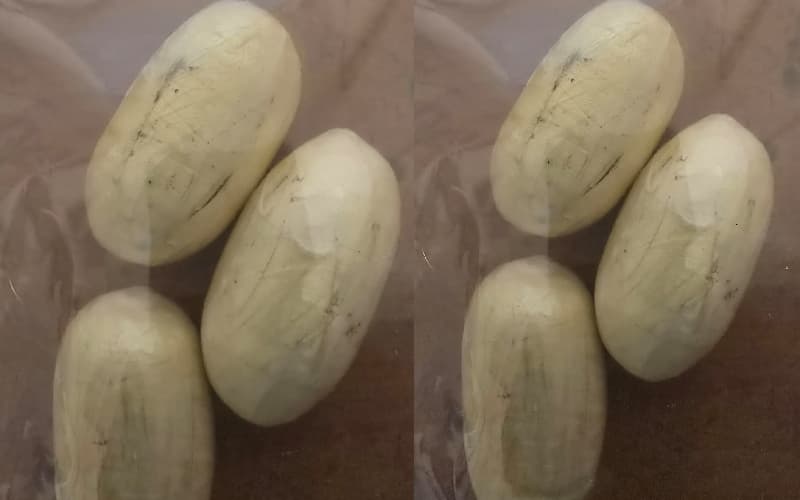We're loading the full news article for you. This includes the article content, images, author information, and related articles.
Anti-Narcotics Unit detectives intercepted a 41-year-old woman at Jomo Kenyatta International Airport, thwarting an attempt to smuggle cocaine to Dubai. The arrest highlights ongoing efforts to combat drug trafficking through Kenya's main international gateway.

A 41-year-old woman was arrested at Jomo Kenyatta International Airport (JKIA) on Saturday, October 4, 2025, minutes before her flight to Dubai, on suspicion of attempting to smuggle cocaine. Detectives from the Anti-Narcotics Unit intercepted her following an intelligence-led operation, according to a statement from the Directorate of Criminal Investigations (DCI).
The arrest occurred as the suspect was preparing to board her flight, with authorities describing the operation as precisely timed. She was flagged for additional security screening, leading to the discovery of the illicit drugs.
Kenya, particularly through its major ports of entry like JKIA and the Port of Mombasa, has long been identified as a transit point for illegal narcotics destined for various international markets. Drug trafficking poses significant challenges to national security and public health, often linked to organised crime and money laundering. The DCI has intensified efforts to disrupt these networks, leading to several high-profile arrests and seizures in recent years.
Under Kenyan law, drug trafficking is a serious offence with severe penalties, including lengthy prison sentences and substantial fines. The Narcotic Drugs and Psychotropic Substances (Control) Act of 1994, alongside subsequent amendments, provides the legal framework for combating drug-related crimes. International cooperation, particularly with agencies in destination countries like the United Arab Emirates, is crucial in these investigations.
The DCI's Anti-Narcotics Unit leads the charge in combating drug trafficking, working in collaboration with other national and international law enforcement agencies. This latest interception underscores their commitment to securing Kenya's borders and preventing the country from being used as a conduit for illegal substances. Public debate is expected to focus on the effectiveness of current interdiction strategies and the need for continuous vigilance at entry and exit points.
The continued attempts to smuggle narcotics through Kenyan airports highlight persistent vulnerabilities in security protocols, despite enhanced surveillance. Successful interdictions like this one are vital in disrupting drug supply chains and deterring future attempts. However, the sophistication of drug trafficking networks means that law enforcement agencies must constantly adapt their strategies to counter evolving methods.
Further investigations are expected to determine the full extent of the network involved in this particular smuggling attempt. Authorities will likely focus on identifying the origin of the cocaine and any local or international accomplices. The outcome of the legal proceedings against the arrested woman will also be closely watched, as it could set precedents for future drug trafficking cases.
This incident follows a series of similar arrests at JKIA and other border points, reinforcing the DCI's ongoing campaign against drug trafficking. Recent reports indicate an increase in intelligence-led operations targeting both local distributors and international couriers.
Keep the conversation in one place—threads here stay linked to the story and in the forums.
Sign in to start a discussion
Start a conversation about this story and keep it linked here.
Other hot threads
E-sports and Gaming Community in Kenya
Active 9 months ago
The Role of Technology in Modern Agriculture (AgriTech)
Active 9 months ago
Popular Recreational Activities Across Counties
Active 9 months ago
Investing in Youth Sports Development Programs
Active 9 months ago
Key figures and persons of interest featured in this article